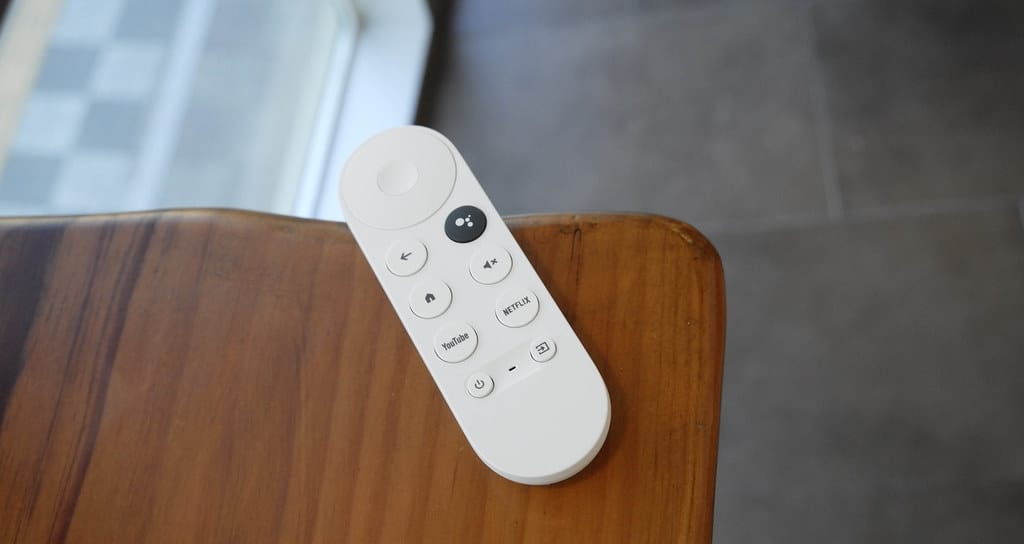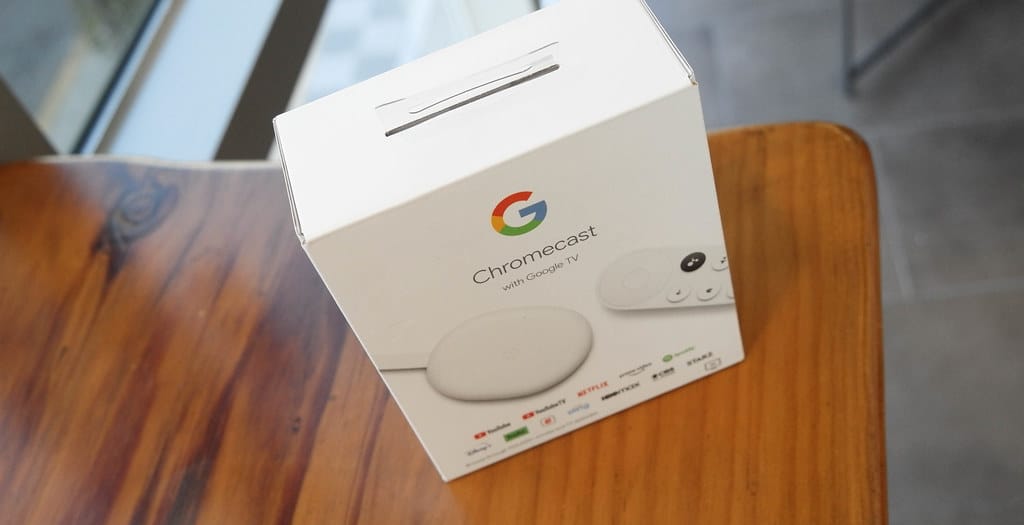Google TV and Android TV Apps Must Go 64-bit by August 2026: What This Means for Developers and Users
Google has quietly dropped a bombshell that will reshape the streaming device landscape. Starting August 31, 2026, all Google TV and Android TV applications must support 64-bit architecture, marking the end of an era for 32-bit apps on television platforms. This mandate, while technical in nature, carries significant implications for millions of users and thousands of developers worldwide.
The Technical Shift That Changes Everything
The transition from 32-bit to 64-bit architecture isn't just a numbers game—it's a fundamental upgrade that promises better performance, enhanced security, and access to more system memory. While smartphones made this leap years ago, television platforms have lagged behind, largely due to the specialized nature of TV apps and the longer development cycles typical in the streaming industry.
Google's announcement follows a familiar pattern. The company previously mandated 64-bit support for Android mobile apps in 2019, giving developers two years to adapt. Now, TV platforms are getting an even longer runway—nearly two and a half years—suggesting Google recognizes the unique challenges facing TV app developers.
Why This Matters for Your Streaming Experience
For everyday users, this change promises a noticeably improved streaming experience. 64-bit applications can access more RAM, leading to faster app launches, smoother navigation, and reduced crashes during intensive tasks like 4K video playback or gaming. Popular streaming services like Netflix, Disney+, and YouTube will need to optimize their TV applications, potentially delivering better performance across the board.
The security improvements are equally significant. 64-bit architecture provides enhanced memory protection and makes it considerably harder for malicious actors to exploit vulnerabilities. As smart TVs become more connected and handle increasingly sensitive user data—from viewing habits to payment information—these security enhancements become critical.
The Developer Challenge
For app developers, this mandate represents both an opportunity and a significant undertaking. Converting existing 32-bit applications to support 64-bit architecture often requires substantial code rewrites, especially for apps that rely on native libraries or have been in development for several years.
Smaller streaming services and niche app developers face the biggest hurdles. Unlike major platforms such as Spotify or Hulu, which have dedicated teams and substantial resources, independent developers must balance the costs of conversion against their expected return on investment. Some may choose to discontinue their TV apps entirely rather than invest in the upgrade.
Gaming applications present particular challenges. Many Android TV games currently rely on 32-bit native code for performance optimization. Developers will need to recompile and test these libraries extensively to ensure compatibility with 64-bit systems while maintaining the smooth gameplay experience users expect.
Industry Implications and Market Impact
This shift aligns with broader industry trends toward platform modernization. Amazon's Fire TV and Roku have similarly been pushing developers toward more efficient architectures, though neither has announced as definitive a timeline as Google.
The mandate also reflects Google's ongoing effort to consolidate and strengthen its position in the smart TV market. By enforcing higher technical standards, Google aims to differentiate its platform from competitors while ensuring a more consistent user experience across devices.
Hardware manufacturers are watching closely. TV makers who rely on Android TV or Google TV will need to ensure their devices can handle the increased system requirements that come with 64-bit applications, potentially accelerating the replacement cycle for older smart TVs.
What Happens Next?
The timeline gives developers until August 31, 2026, to comply, but the smart move is to start planning now. Google has indicated that 32-bit apps will continue working on existing devices after the deadline, but new submissions and updates to the Play Store will require 64-bit support.
Users with older Google TV or Android TV devices may find their app selection gradually diminishing as developers focus resources on newer, 64-bit compatible hardware. This could create pressure to upgrade streaming devices or smart TVs sooner than originally planned.
The Bottom Line
Google's 64-bit mandate for TV apps represents more than a technical upgrade—it's a signal that the streaming platform wars are entering a new phase focused on performance and security. While the transition will challenge developers and potentially inconvenience some users in the short term, the long-term benefits of faster, more secure, and more capable TV applications make this evolution inevitable.
The clock is ticking, and the streaming landscape of 2026 will look markedly different from today. Those who adapt early will be best positioned to thrive in this new 64-bit world.

